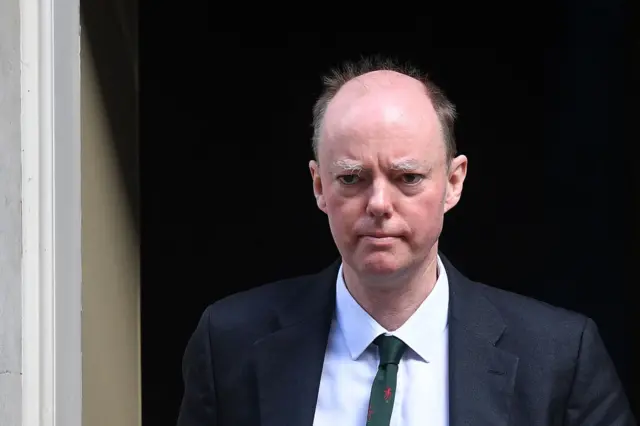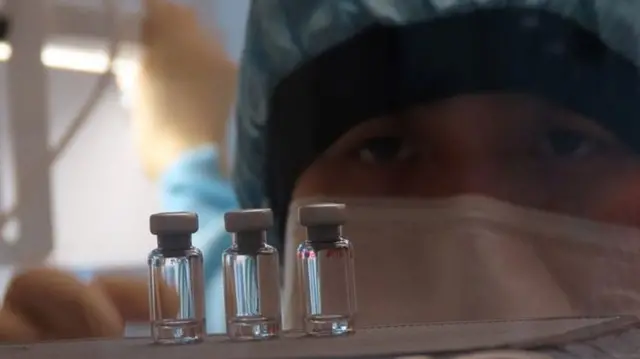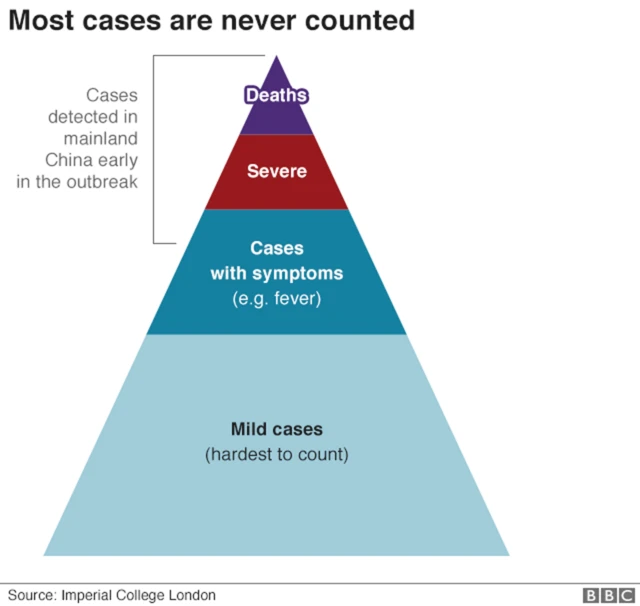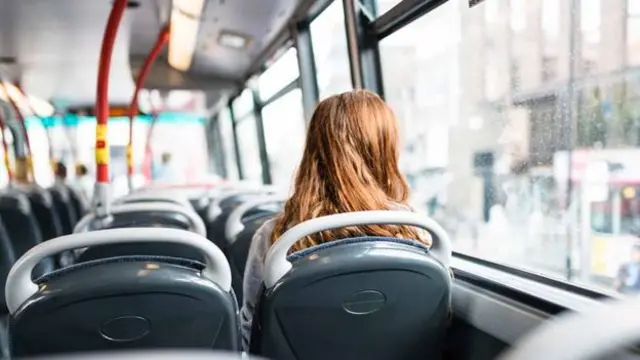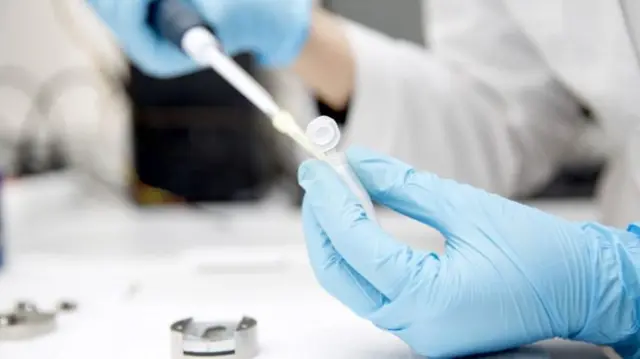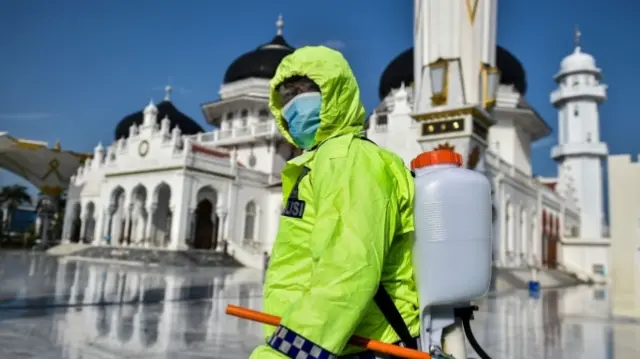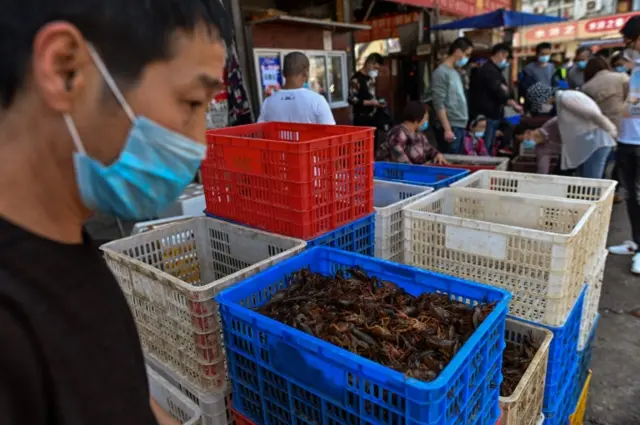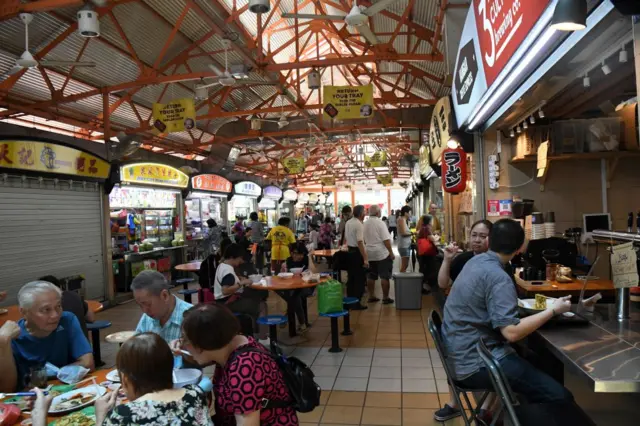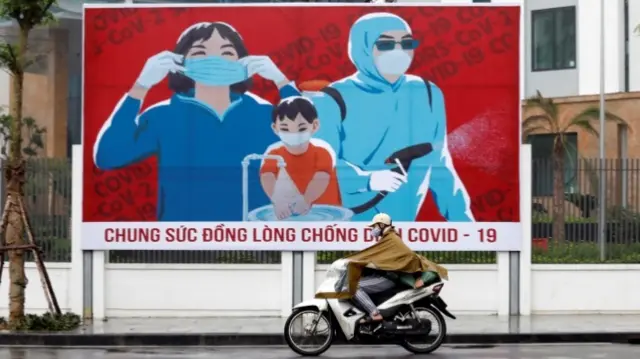The church threatened with Kalashnikovspublished at 07:43 BST 23 April 2020
The pastor of an evangelical church in France - blamed by the French government for spreading coronavirus across the country - has given one of his first broadcast interviews to the BBC.
Pastor Samuel Peterschmitt has described death threats faced by his congregation and hit back at accusations that the church was responsible for the outbreak in France. Watch what he has to say here:
Coronavirus: The church threatened with Kalashnikovs over Covid-19 outbreak

